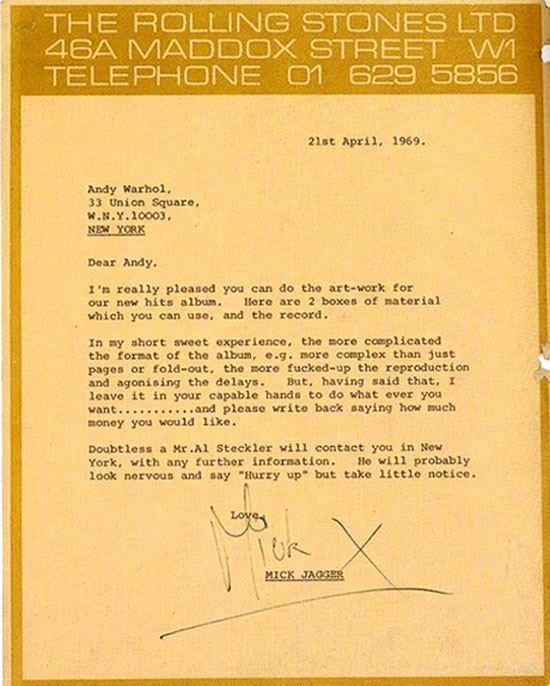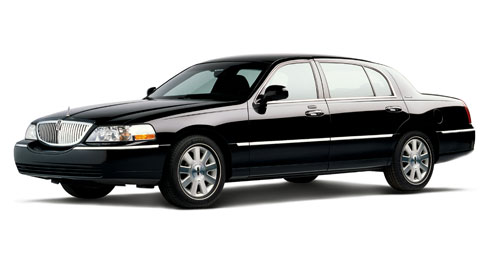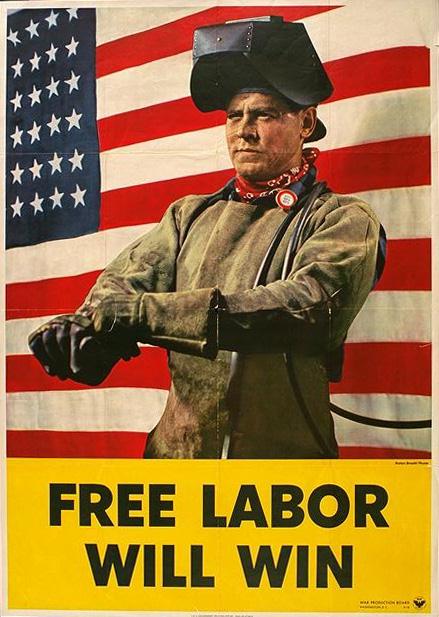REPRISE: You call it 'culture' - to the talent it might just be 'policy'
Note: The blog is taking some well-deserved rest for the next two weeks (that is code for I am pretty much out of decent ideas, and I doubt most folks are spending their holidays reading blogs anyway), and will be re-running some of best, or at least most interesting posts from 2013. Maybe you missed these the first time around or maybe you didn't really miss them, but either way they are presented for your consideration. Thanks to everyone who stopped by in 2013!
The below post hits another theme that I kind of obsessed on in 2013 - what an often amorphous concept like culture means in the workplace and how it impacts how we manage talent. The piece originally ran in February 2013.
----------------------------------------------------------------------------------
You call it 'culture', to the talent it might just be 'policy'
Fresh off last week's launch of The 8 Man Rotation, 2012 Season free Ebook on all things Sports and HR, I am stocking the pond for the 2013 edition with another dispatch from the sports world - but one that I promise has more broad relevance and applicability.
In baseball, and perhaps in all of North American major professional sports, the New York Yankeesare the most famous, most successful, and most storied franchise in history. Legendary players, achievements, 27 World Series championships, and the occasional bit of controversy have been the hallmarks of the team throughout its long history.
With this long history comes tradition certainly, and traditionally the Yankees have continued to reinforce elements like their uniforms, which are the same design, more or less, as they have always been, and with no player names on the back, only numbers. The Yankees shun most of the other 'entertainment' elements that have become a fixture of professional sports - they have no costumed mascots or cheerleaders. They try for the most part to project a sense of professionalism in how they play the game, and how their players, (employees really), also project themselves when they are representing the team.
For players this means (among other things), an 'appearance' code - uniform shirts buttoned and worn a certain manner, and curiously enough still in 2013, a ban for players on facial hair. Yep, you read that correctly. If you want to play for the Yankees that means no mustaches, beards, goatees, Van Dykes or facial hair of any type.
The Yankees ownership obviously feels, and has for a long time, that the facial hair ban helps to ensure and support their company brand and culture - professionalism, attention to detail, and very 'corporate' in nature. To them surely this 'rule' really is not so much a rule or a policy, but an outward manifestation and expression of that culture. And it is entirely up to them as an employer to feel that way.
But one man's (or company's) culture is another man's policy - and in some cases this culture/policy has the effect of deterring otherwise 'top' talent from the organization. The latest example of this in action for the Yankees - check these quotes from the Tampa Bay Rays' pitcher David Price. Price is one of the best pitchers in the league, and when he becomes a free agent in a couple of years, would be precisely the kind of talent the Yankees would pursue.
Here's what Price has to say about the Yankees and facial hair:
"If I ever did hit that free-agent market, there would be teams I wouldn't sign with simply because of the stuff that I've heard -- every rule they have."
Taking note of his beard, I told Price he'd have to shave if the Yankees traded for him.
"I wouldn't stay there very long then,” he responded. “I wouldn't sign a long-term deal there. Those rules, that's old-school baseball. I was born in '85. That's not for me. That's not something I want to be a part of."
Sure, you can get a little cynical here and tell me - 'If the Yankees offered him $10M more than any other team, he's shut up and sign the contract and shave the beard.' That could very well be true, but that isn't really the important point to me.
One man's 'culture' is another man's policy. Sure in this case maybe the culture/policy is having its desired effect - preventing what would possibly be a bad hire. Price, if he went to the Yankees would bristle over the facial hair ban, and probably lots of other culture/policy issues as well.
Not judging anyone here - the Yankees have been really successful for a long time doing it their way, and Price has an absolute right to his opinion and his desire to be treated as a professional.
Not judging, but just reminding that living up to and reinforcing your culture means sometimes turning away some fantastic talent that doesn't see your culture the same way you do.

 Steve
Steve




